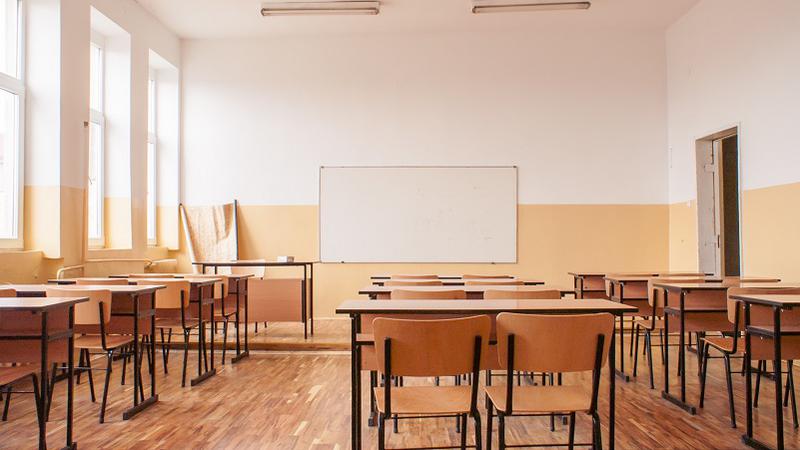
Province to talk to Albertans about new social studies curriculum
Alberta’s government says it is beginning a transparent and collaborative process to engage Albertans and education partners to redraft kindergarten to Grade 6 (K-6) social studies curriculum.
Using the valuable feedback Albertans have provided over the last two years, provincial officials say Alberta Education is redrafting the K-6 social studies curriculum to ensure content builds students’ critical thinking and communication skills, enhances Indigenous, multicultural and francophone perspectives and is age and developmentally appropriate. To inform the redrafting process, the ministry says it is engaging with Albertans and education partners through a comprehensive and phased approach.
“Social studies is a critical component of Alberta’s K-12 curriculum, which is why I am proud to announce a new plan to engage with Albertans. As minister of education, I envision a social studies curriculum that will empower students to develop important life skills, such as problem-solving and critical thinking, while fostering their ability to articulate ideas and understand diverse world views,” says Demetrios Nicolaides, Minister of Education. “I am confident this engagement process with teachers, parents, Indigenous, Métis, multicultural and francophone leaders, subject matter experts, school boards and others will build a comprehensive curriculum that sets our students up for a lifetime of success.”
Earlier this summer, government officials say the education minister met with various education partners to build an understanding of the new engagement approach and process for curriculum development going forward.
